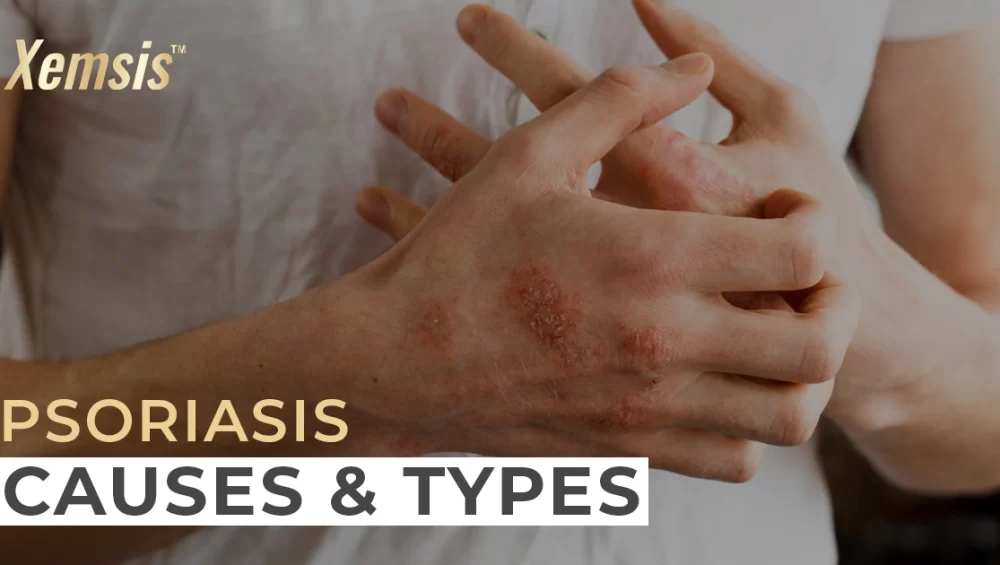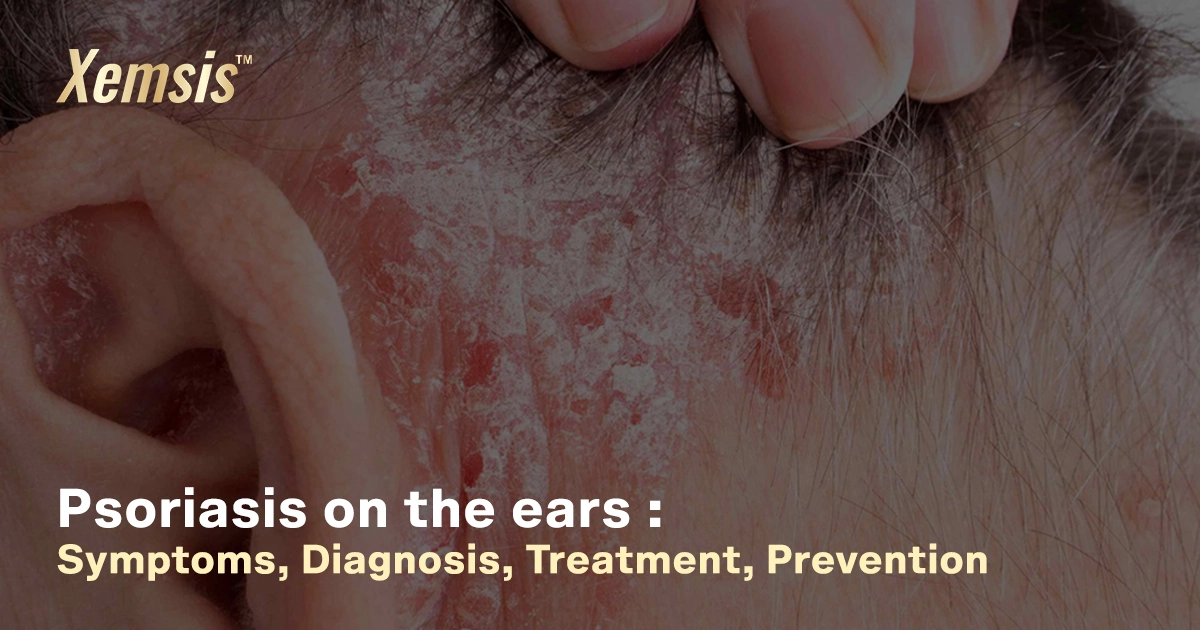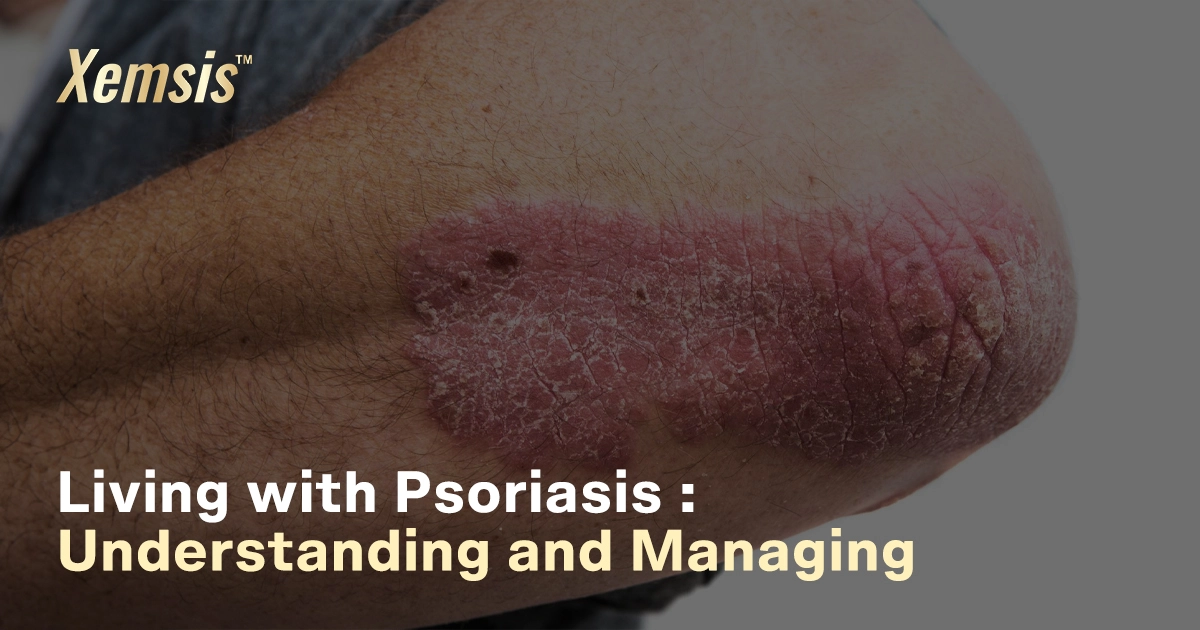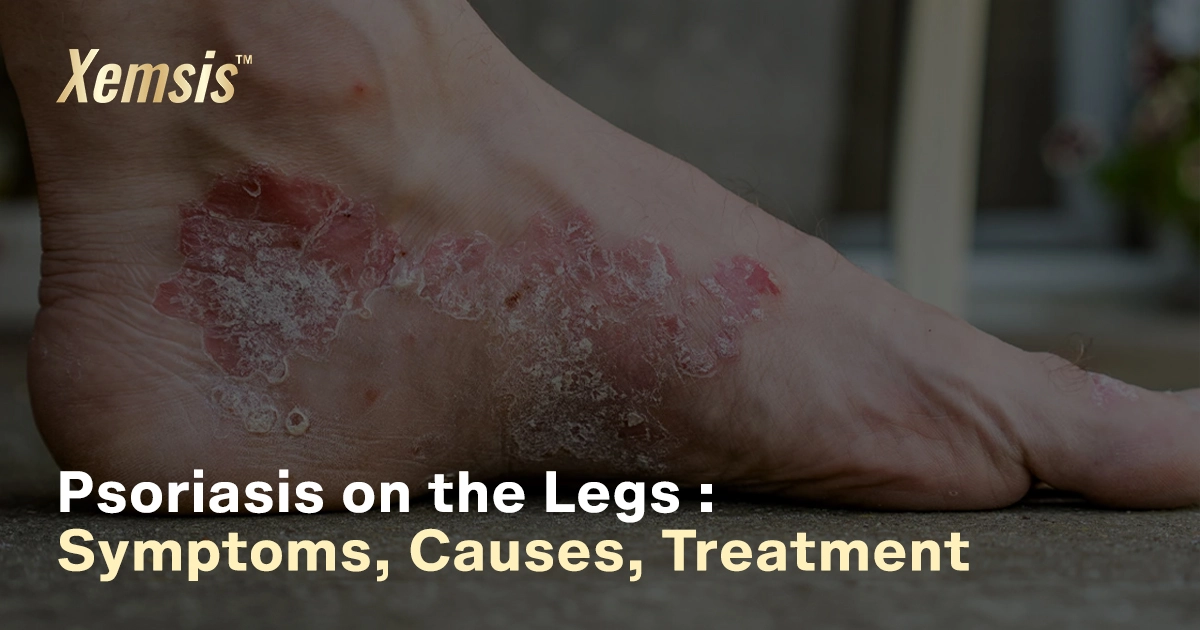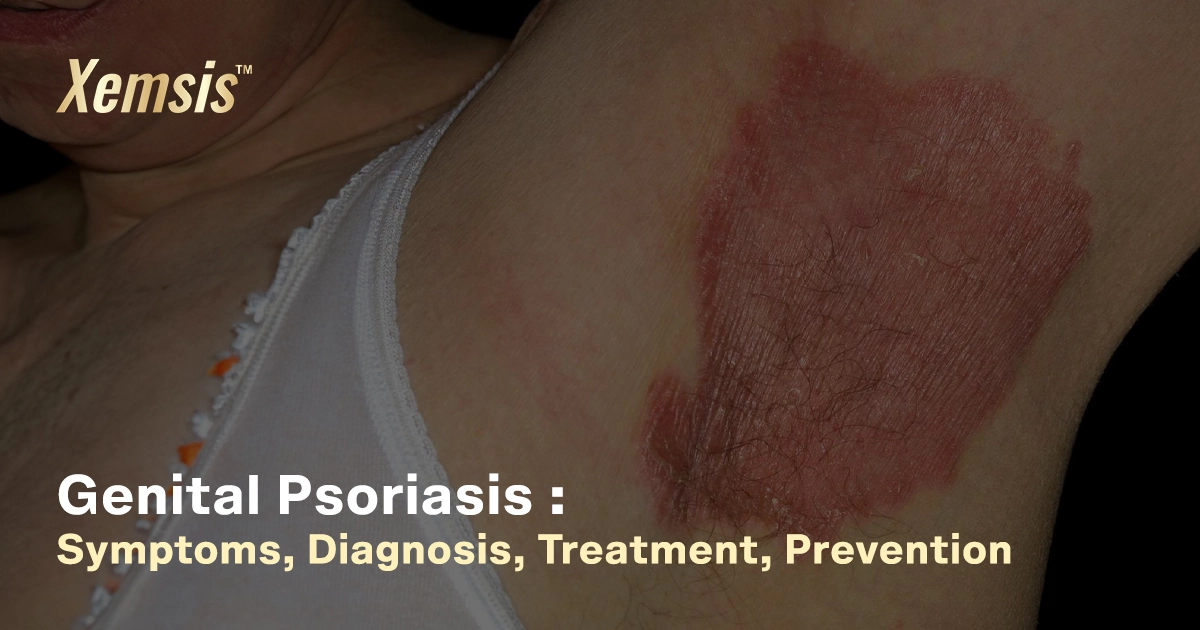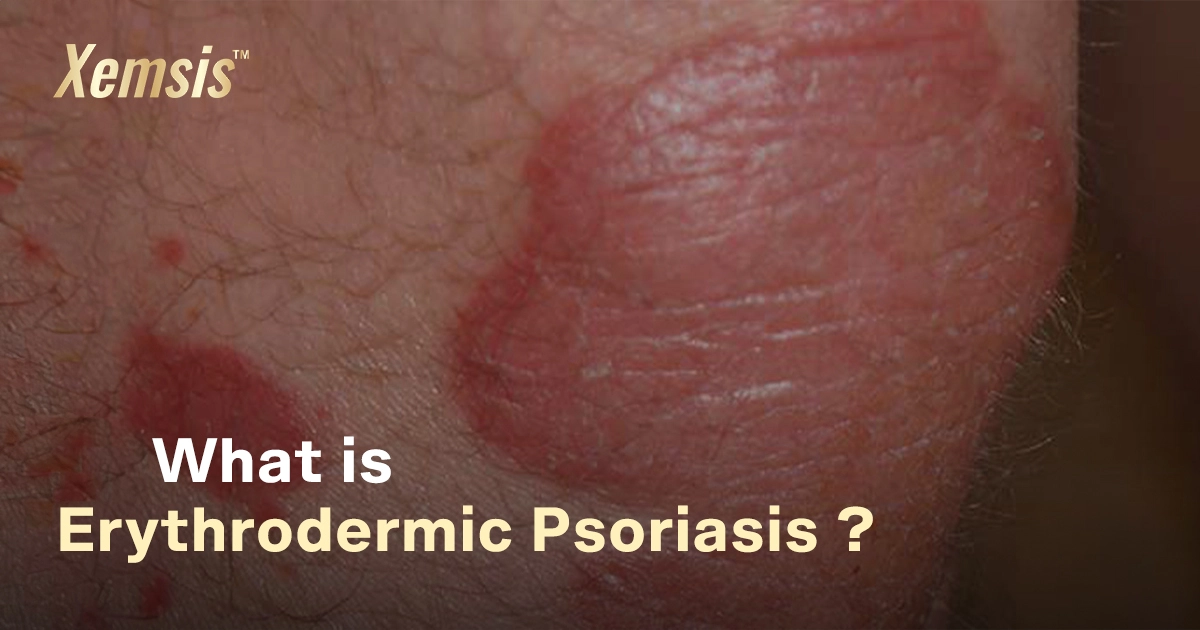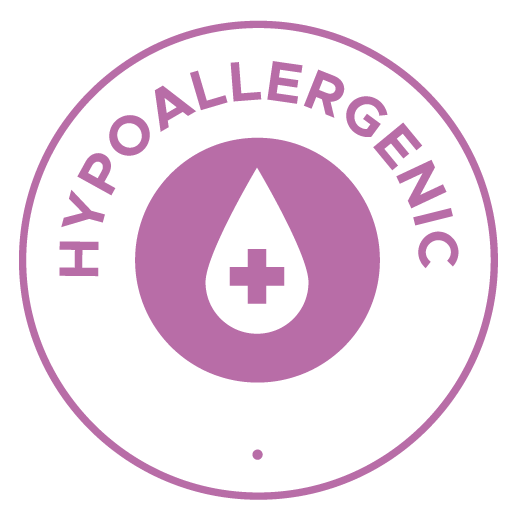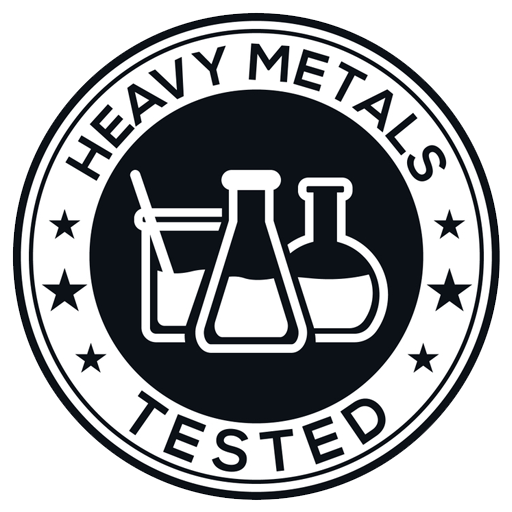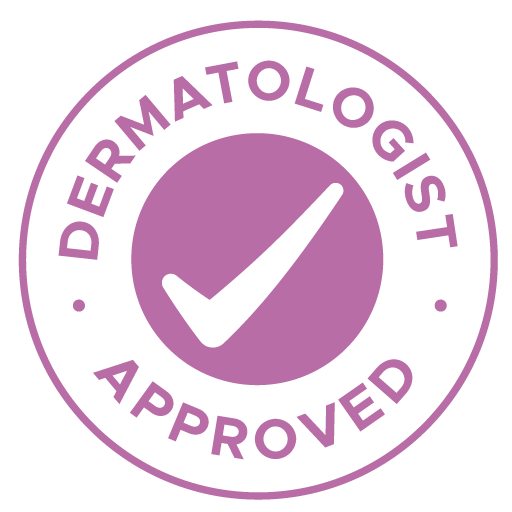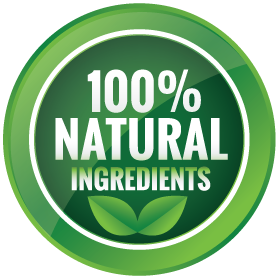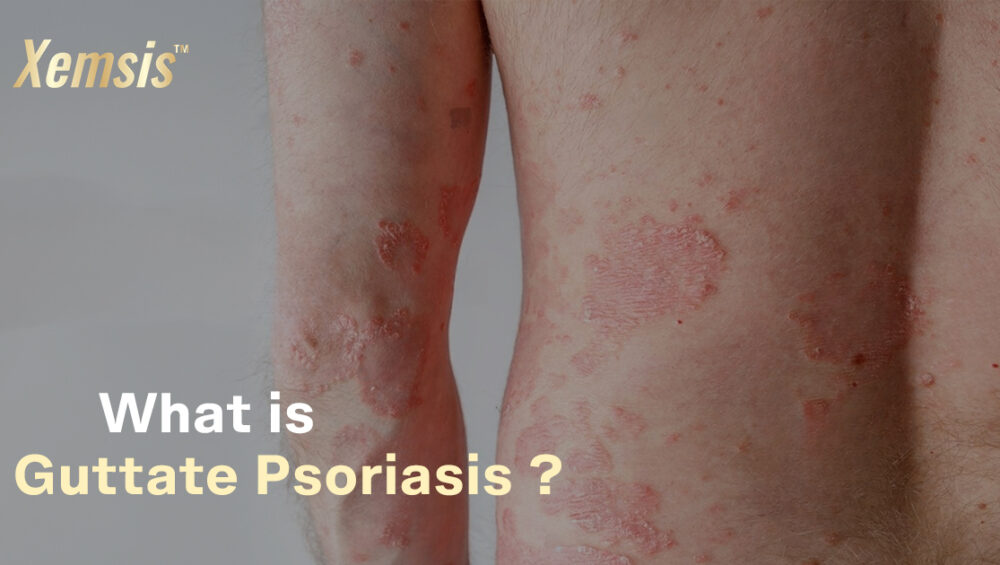 Categoriespsoriasis type
Categoriespsoriasis typeGuttate Psoriasis
Guttate psoriasis is a type of psoriasis that causes several drop-like red lesions on any part of the body. The word ‘Gutta’ is derived from a Latin word that means ‘Drops’. This guttate psoriasis usually shows its first signs as a streptococcal infection in the throat, such as soreness and strep throat. This type of psoriasis can affect people of any age, is usually not contagious, and is not as severe as other types of psoriasis. Also, this type is not common and affects only 8% of people who are living with psoriasis.
Overview
What is guttate psoriasis?
Like other types of psoriasis, guttate psoriasis is also an autoimmune condition caused when the body’s immune system attacks its own cells, mistaking them for foreign particles. Usually, this type of psoriasis goes away on its own. But in some cases, it may cause several flare-ups and become chronic. So it’s essential to contact your doctor if you experience this condition.
Who gets guttate psoriasis?
Guttate psoriasis mostly affects children and young adults aged 30 or younger. But it doesn’t mean others won’t get it. It can sometimes affect older people too. Gender or race is not a barrier for this type of psoriasis to spread.
Is guttate psoriasis the same as chronic psoriasis?
In most cases, guttate psoriasis is not chronic and goes away on its own, leaving no scars. But it is recommended that you visit your doctor if you have this condition. In some cases, this type of infection may cause several flare-ups and inflammation, developing into chronic psoriasis.
Symptoms and Causes
Symptoms
- Guttate psoriasis usually causes tear-drop-shaped pink or red patches in the skin and can spread to any part of the body.
- The affected parts experience itching throughout the area.
- The patches are not as thick as in other types of psoriasis but may be covered with silvery and flaky scales.
- These guttate psoriasis symptoms are not severe, and in rare cases, they may develop into other forms of severe psoriasis.
Does guttate psoriasis happen in stages?
Guttate psoriasis usually doesn’t progress in stages and will develop anytime after a bacterial infection, mostly with streptococcal infection. Firstly, the infection causes soreness or strep in the throat. Then it will develop into teardrop-shaped patches. The symptoms are usually not serious, but in rare cases, they may become severe with inflammation.
Causes
- Genes: Psoriasis is strongly associated with genes that can be transmitted by the genetics of family members with a history of psoriatic symptoms.
- Bacterial Infections: Any type of bacterial infection can develop guttate psoriasis. However, bacteria named streptococci are the main culprits that develop this type of psoriasis.
- Triggers: Other than these, factors like sinusitis, flu, tonsillitis, stress, external wounds and burns, and certain medications can trigger this type of psoriasis.
Is guttate psoriasis contagious?
Contagion factors in this type of psoriasis are a little complicated. All types of psoriasis are non-contagious, but the bacterial infection from which guttate psoriasis develops is contagious. In simple words, the red patches caused by this type of psoriasis are non-contagious, but the bacterial infection that causes sores and strep throat is contagious.
Diagnosis and Tests
How is guttate psoriasis diagnosed?
- Skin Biopsy: In this procedure, the doctor will remove a small piece of your affected skin in the lab and test it with a microscope. This process is to identify how severe the condition is and if there are any other complications, like skin cancer or eczema. This procedure is recommended only if there is excess itching or burning from guttate psoriasis.
- Throat Swab Culture: In this laboratory process, the doctor will make the patient open the mouth as wide as possible, press down the tongue with a depressor, and place a special cup called culture around the tonsils of the throat to collect the samples. Then the samples are tested with a microscope to determine the severity of guttate psoriasis.
- Blood Test: Your doctor may take your blood sample to test for recent bacterial and fungal infections that have affected your body.
Management and Treatment
How is guttate psoriasis treated?
Usually, guttate psoriasis is found in three stages:
- Mild: A few spots that are spread on the skin. This mild case doesn’t need any special treatment and will go away by itself.
- Moderate: The spots cover some extended areas of the skin. This condition won’t need laboratory treatments and can be treated with ointments and creams.
- Severe: The spots are spread to larger areas of skin or the entire body. In these cases, specialized laboratory treatments will be recommended by the doctor.
The treatments for guttate psoriasis include:
- Xemsis: Formulated with the purest natural ingredients, this ointment can be effective for all types of skin conditions without any side effects.
- Emollients: Doctors may provide moisturizers, creams, soaps, or lotions that have coal tar, Vitamin D, and anti-inflammatory properties for mild conditions.
- Medications: Doctors may prescribe oral drugs with vitamin A, biological medications, or immunosuppressive drugs for more widespread spots that cause excess itching or burning.
- Phototherapy: If guttate psoriasis is very severe with excess inflammation and turning into chronic psoriasis, doctors may provide ultraviolet laser therapy. The therapy is effective but has some side effects. Doctors prescribe it only for severe cases of psoriasis.
Prevention
Can guttate psoriasis be prevented?
Unfortunately, there are no proven measures to prevent guttate psoriasis. As it is caused by a bacterial infection, there are some common measures to prevent bacterial and viral infections.
- Wash your hands often with sanitizer to prevent the spread of microorganisms.
- Eat a healthy diet with more vegetables, fruits, grains, and proteins that support your immune system.
- Engage in physical activities like yoga and exercise regularly to boost your immunity.
- Get an adequate amount of sleep in a scheduled manner to maintain proper body function.
- Try to reduce your stress by involving yourself in meditation or other relaxation techniques. Excess stress can trigger multiple problems in your body.
- Avoid consuming excess alcohol and tobacco products.
Conclusion
Guttate psoriasis usually isn’t as dangerous as other types of psoriasis and will mostly go away on its own. Only in rare cases does this type of psoriasis develop into other serious forms of psoriasis. With proper health care and lifestyle, we can escape any type of infection from microbes. Xemsis is formulated to provide effective relief for all forms of psoriasis and skin infections. Together, we can beat psoriasis out of this world.

Rakhul Mathivanan, a writer and filmmaker, focuses on creating innovative and unique content through directing short films, writing scripts, blogs, articles, case studies, and website content. He loves to watch movies, read books, listen to music, and travel. He has also had expertise in the field of writing and filmmaking for over a year and works closely with Xemsis by providing them with well-researched blogs about psoriasis.

